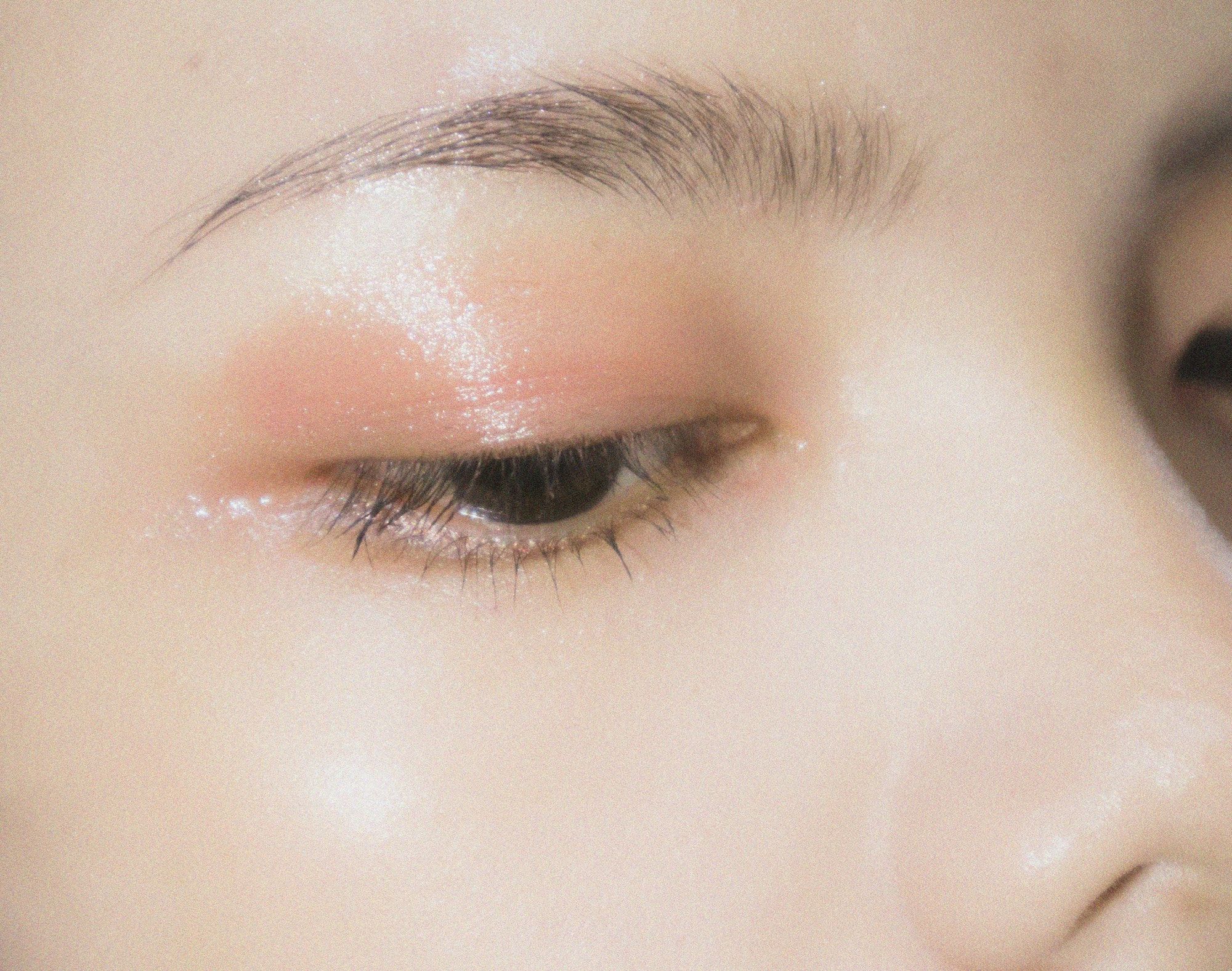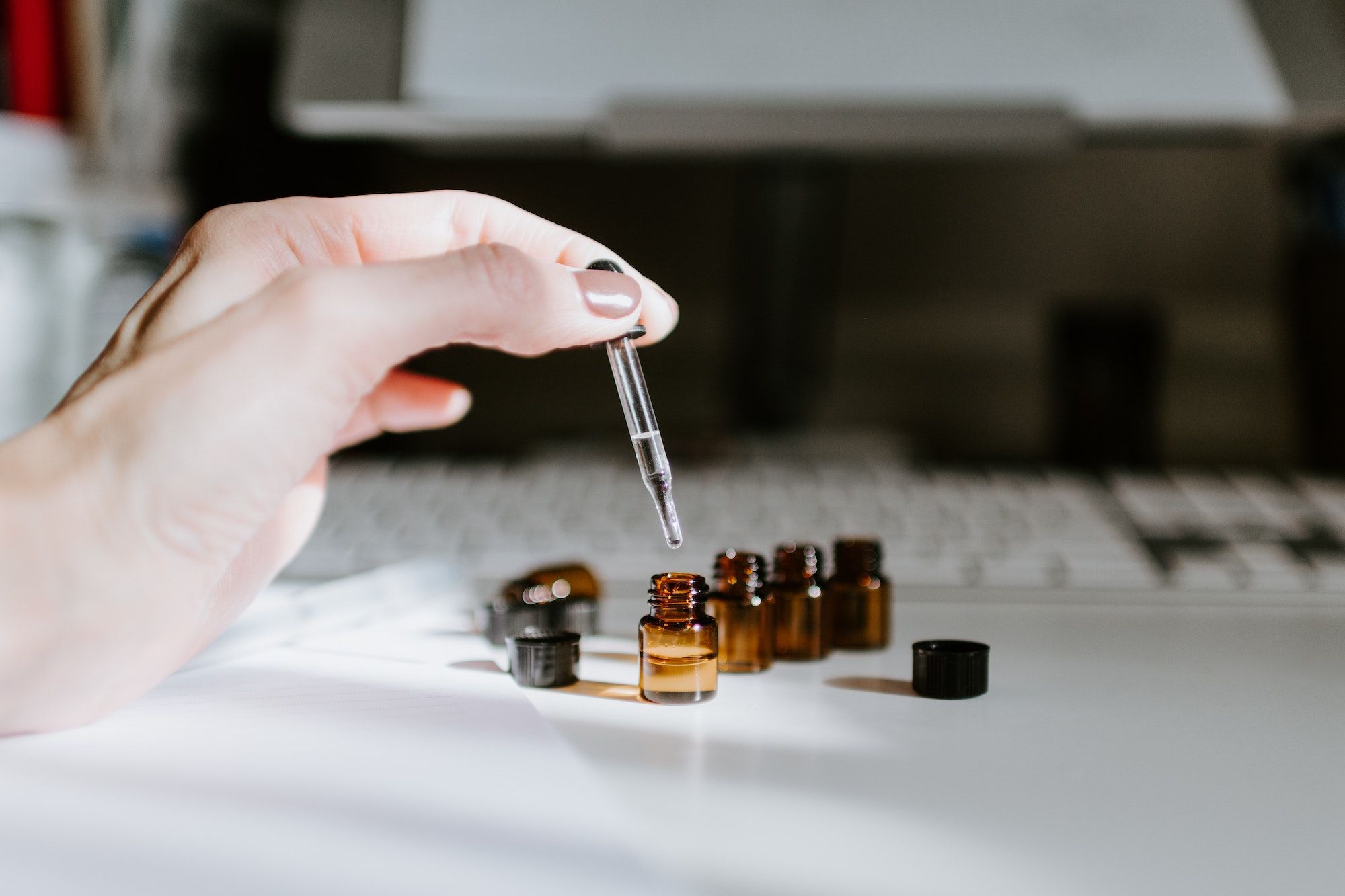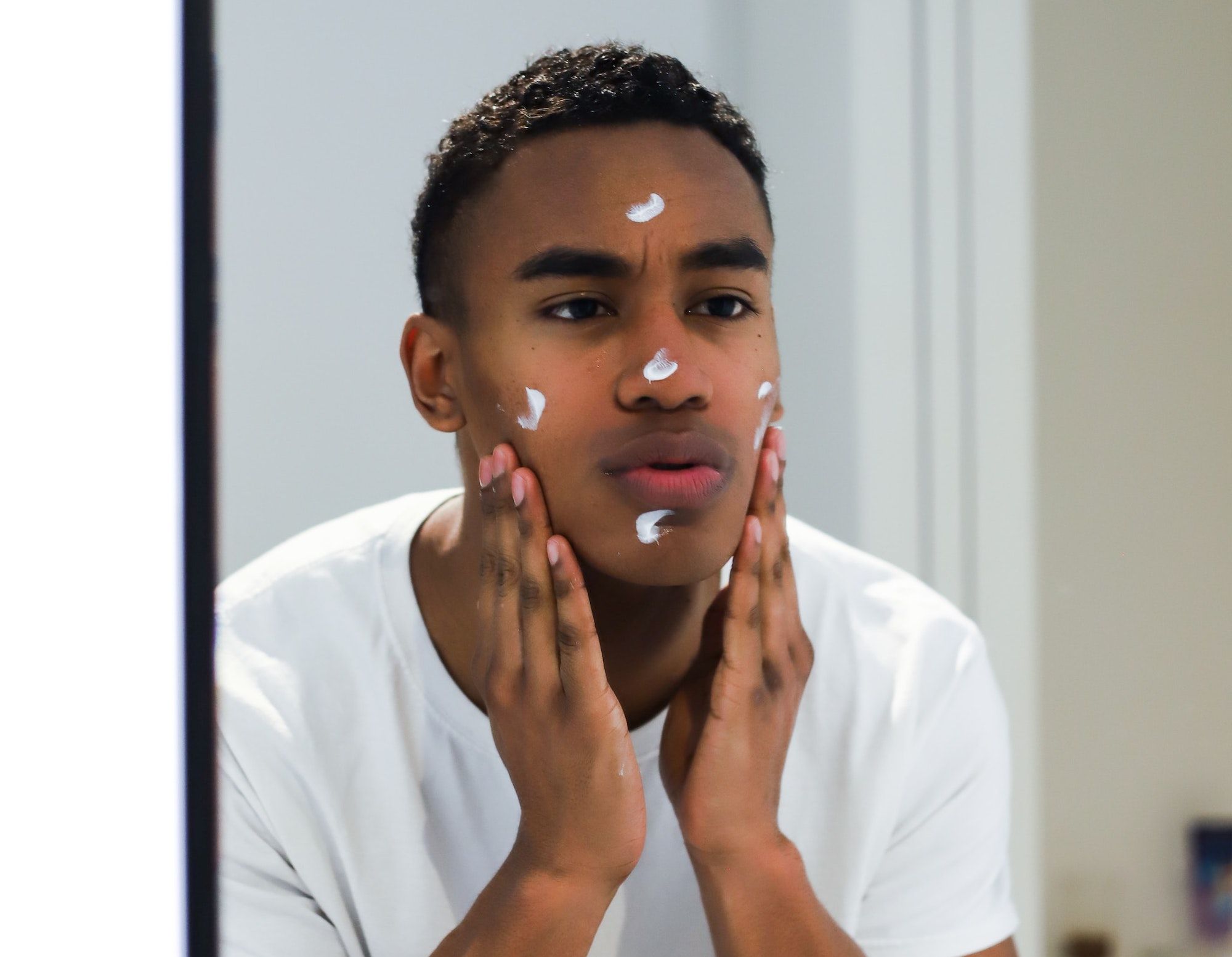Smoothing fine lines, softening wrinkles, improving skin texture and fading hyperpigmentation of the skin, retinol is considered magic in a bottle to many
Part of the Vitamin A family, retinol can be found in food and is most often used as a dietary supplement.
Known as one of the most powerful ingredients you can add to your skincare routine, we spoke with skincare experts, Dr. Luigi L. Polla and Dr. Howard Sobel to learn more and asked for the best retinol product recommendations to try. This is everything you need to know about retinol.
See also: Poetry & Purpose: Aesop Co-Founder Suzanne Santos On How They Did Things Differently
What is retinol?
“Retinol (a form of vitamin A) is the gold standard ingredient in anti-aging, having been extensively studied and shown to help increase the production of collagen in the skin, leading to a visible reduction in fine lines and wrinkles. It also promotes cellular turnover to reveal brighter, smoother skin,” says Dr. Luigi L. Polla, a Geneva-based dermatologist and founder of anti-aging skincare line, Alchimie Forever.
What are some of the other benefits of using retinol?



